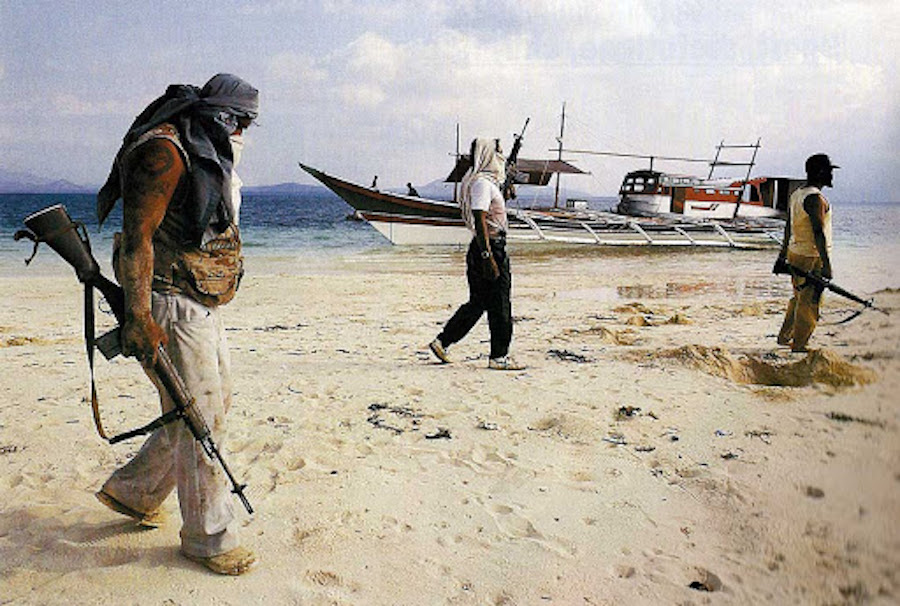Somalia: When illegal fishing threatens national and regional economy
The stakes: to understand, through data assessed for the first time, how the phenomenon of illegal fishing destabilizes the country and the sub-region, and the need to put in place strong enough maritime regulations to counter this phenomenon.e en place une réglementation maritime suffisamment forte pour pallier ce phénomène
Estimated at USD 300 million according to official figures, the annual losses caused by illegal fishing in Somalia are almost double the annual earnings from this potentially lucrative sector (USD 135 million, or about 2% of the national GDP). An alarming situation aggravated by the chronic instability of the country, which deprives thousands of Somalis of a crucial livelihood.
Official State data indicate that in recent years, more than 1,000 foreign vessels have reportedly entered Somalia’s exclusive economic zone and engaged in unreported and unregulated fishing. An alarming observation that the investigation carried out jointly by the NGOs Global Fishing Watch and Trygg Mat Tracking between January 2019 and 24 April this year corroborates, noting the presence of more than 200 vessels flying mostly Iranian flags - but also some from India, Pakistan and Sri Lanka - operating without any authorization along one of the longest (3,333 kilometers) and least protected coasts of continental Africa. According to Duncan Copeland, chief analyst at Trygg Mat Tracking, « the number of boats is enormous, beyond the capacity of any national monitoring programme » and the situation, if unchecked, could eventually « deplete fish stocks ». This illegal activity would allow more than 132,000 tons of fish - 56 per cent of the total catch in Somalia’s exclusive economic zone - to be caught, especially since the State is struggling to carry out maritime patrols due to limited resources.
While this smuggling phenomenon is seriously damaging the Somali economy, the fact that since 2001 the country has continued to face international maritime piracy, illegal boarding of vessels and trafficking of all kinds has had a rebounding impact on the economy of the entire region. According to Malian economic analyst Aboudramane Coulibaly, this situation can be explained, among other things, by the decades of instability Somalia has experienced since the removal of President Siyaad Barre in 1991, the absence of state authority, as well as persistent insecurity with the resistance of the Shebabs. « What would be desirable is for the current political transition in Somalia to be able to call on the international community for preventive joint patrols in the different maritime zones. It is time for international criminal justice to investigate cases of this type of maritime crime, which is costing billions not only in the Horn of Africa, particularly in Somalia and Djibouti, but also in the coastal states of the Gulf of Guinea and as far as Angola, » he said.
At the end of June, after 112 Iranian vessels engaged in contraband fishing were identified by the authorities, Somali Fisheries Minister Abdullah Warsame said in a statement that « the presence of Iranian vessels in Somali waters is an ongoing concern. Illegal, unreported and irregular fishing in Somali waters seriously threatens food security, economic development and Somalia’s sovereignty, » recalling that all foreign-flagged vessels must obtain a certificate of authorization. As a sign that the authorities intend to move the lines, a file to this effect has been submitted to the Indian Ocean Tuna Commission. The countries concerned, including Iran, have 60 days to investigate and take action.
